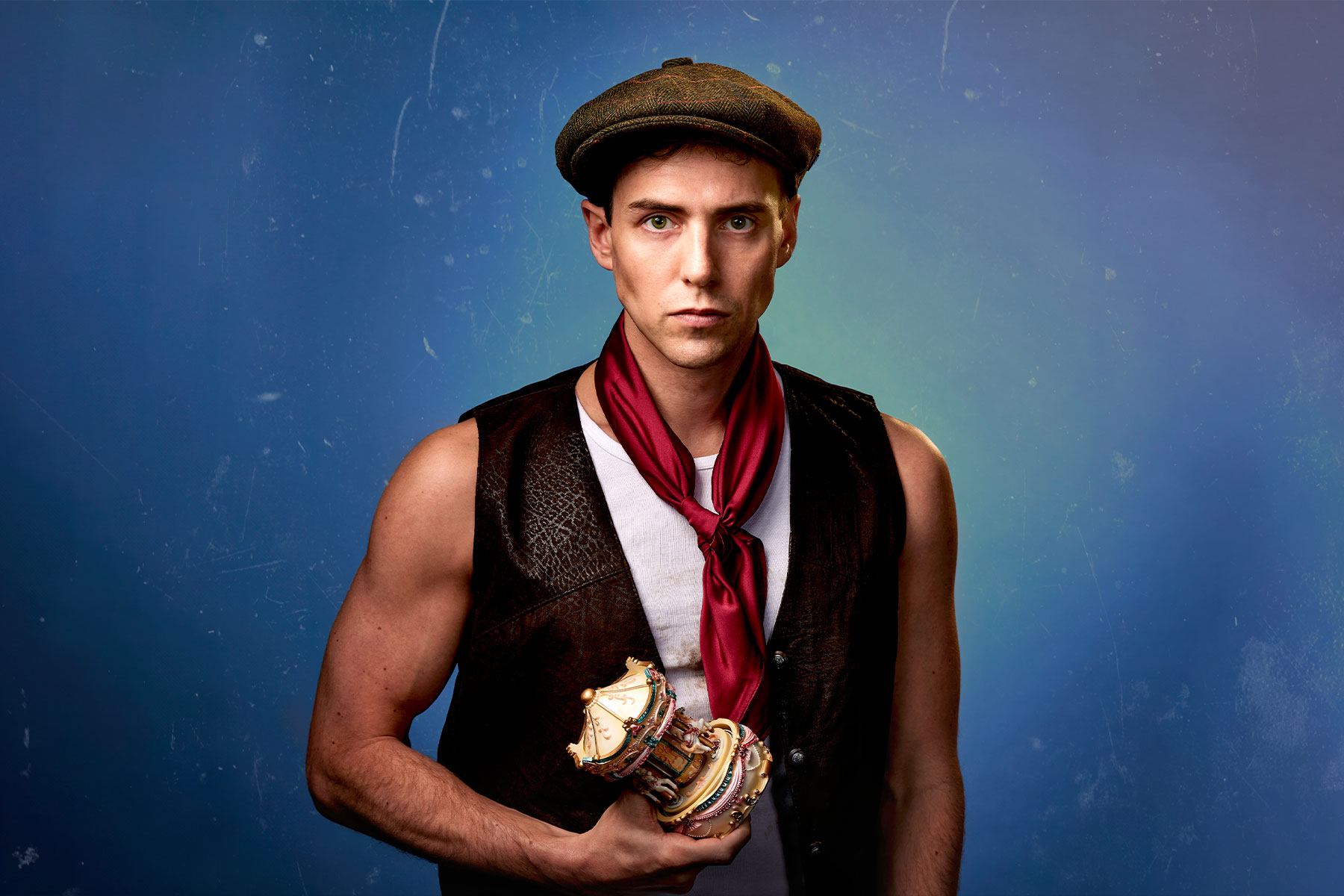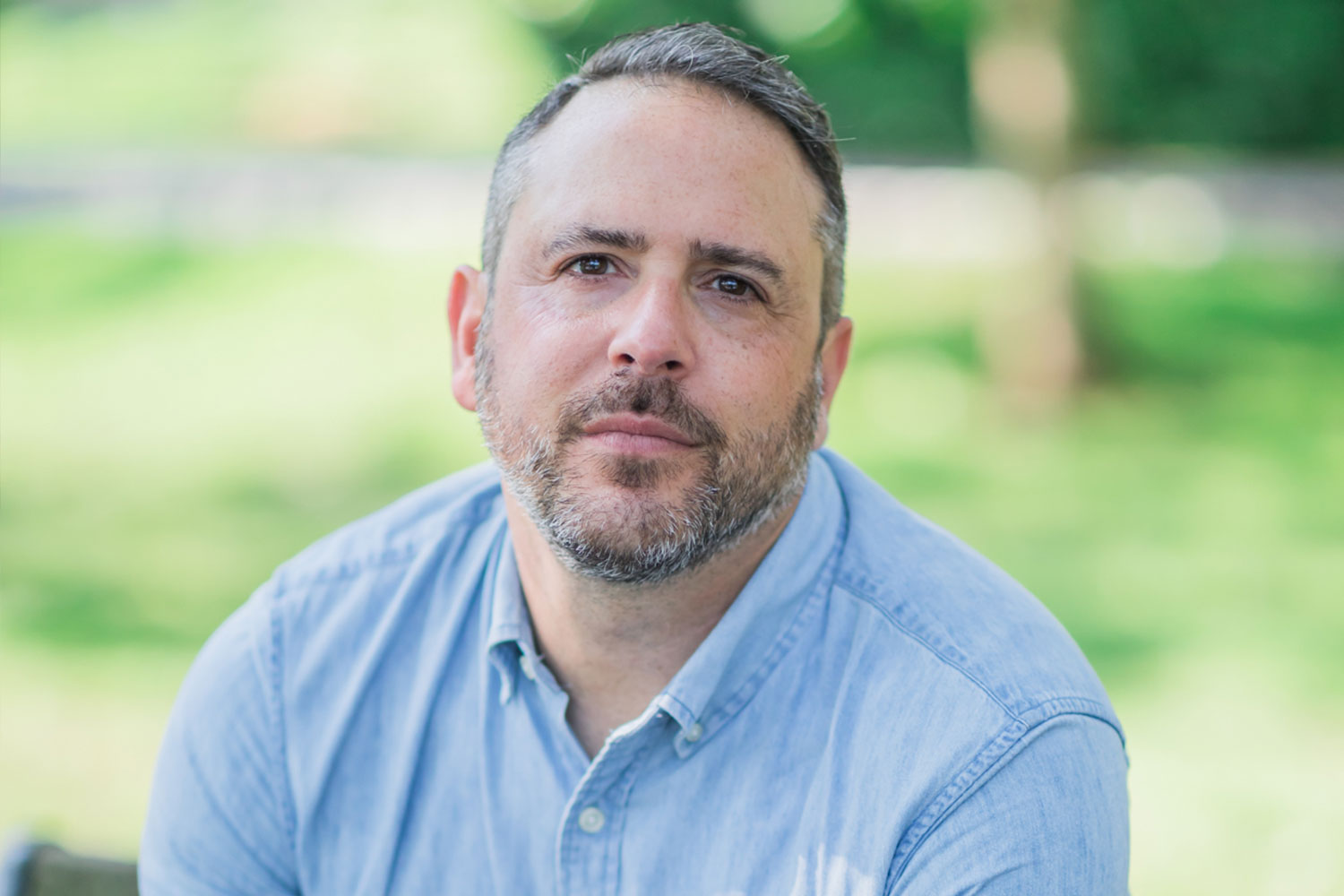Dear Uncle (Scarborough)
The Independent has called Alan Ayckbourn “the Chekhov of our time.” Once it was the likes of N.C. Hunter who were branded Chekhovian, but we now have a more robust view of the Russian master and give him credit for being funny. Not that that precludes depth of emotion: the ending of Dear Uncle, Alan Ayckbourn’s version of Uncle Vanya, with two characters trying to summon hope from the long loneliness of life, is as moving as you could wish, with “Love is the Sweetest Thing” playing on the gramophone.
Ayckbourn’s adaptation is set in Ennerdale in the Lake District in1935, when Ray Noble’s great song was still pretty much the newest thing. It follows the original fairly closely, though with some unusual choices of name. Many of the women, known by their forenames, are essentially unchanged, but Serebryakov turns into Sir Cedric Savidge (good indication of status) and Dr Astrov is simplified to Dr Ash, very appropriate to one so preoccupied with forests. An Uncle Vanya called Marcus takes some getting used to, though!
Sir Cedric, an eminent retired professor, has withdrawn to the farming estate he assumes ownership of, though strictly it belongs to his first wife’s family. His beautiful second wife Helena, the visiting doctor, Marcus the long-suffering in-law who works the farm and Sonya the professor’s daughter by his first marriage all become tangled in themes of unrequited love and purposeless existence. Age comes early to these people. Marcus feels he has become old at 47, the doctor has lost his vigour and purpose at a decade younger, Helena has to settle for blank boredom as long as Sir Cedric lives, and so on – and, of course, Marcus and Ash love the same woman, Sonya the wrong man, and happiness remains elusive for all.
However, none of this stops the play being funny. The famous scene where Vanya (Marcus) fails to shoot Serebryakov (Sir Cedric) is played, very successfully, as farce. The art of Chekhov, which Alan Ayckbourn captures, is to show us silly people we can laugh at (not with) who are also human beings experiencing real suffering from their illusions and who are therefore worthy of our sympathy.
Ayckbourn’s direction sets an unforced, but brisk, pace, allowing the moments of lingering uncertainty or pathos to stand out. As always, he secures excellent ensemble playing from a cast of eight, the extended (frequently self-lacerating) monologues growing out of naturalistic dialogue rather than being presented, as it were, in quotation marks. Matthew Cottle’s quiet desperation as Marcus is most affecting and Phil Cheadle reveals the problematic nature of the doctor intelligently and convincingly. Frances Grey’s elegant Helena and Amy Loughton’s gauche Sonya are well contrasted and Terence Booth barks his way through Sir Cedric with splendid complacency and constant complaints.
The transposition to the Lake District is successful, with the afforestation theme chiming with both 1930s history and Ash’s environmentalist preoccupations, and is well served by Jan Bee Brown’s designs.










